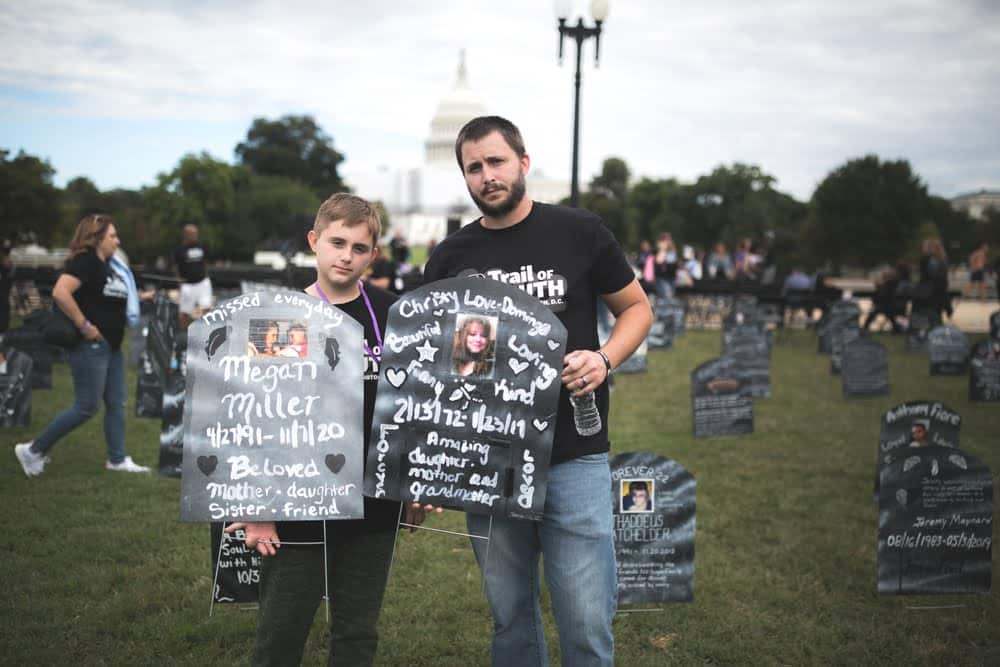Where I live, the seasons change fast. We’ve barely put away our jack-o’-lanterns in Kansas City when a cold wind blows in from the prairie, bringing down leaves — and soon after that, ice storms and snow.
But no matter how cold it gets, we always look forward to seeing family and friends over the holidays. We all want our homes to be filled with joy, comfort, and the people we love the most.
But many of us will miss someone at the holiday table, because our country’s overdose crisis now touches almost every family and community. Overdoses took over 108,000 lives this year, more than any year on record. Overdose deaths affect all of us — whether we are Black, brown, or white, and whether we live in a big city or a small town.
Every one of these deaths is a tragedy. It’s also a tragedy that so many lives could have been saved with effective and proven treatments like buprenorphine, a form of Medically Assisted Treatment, the gold standard of care for opioid use disorder. But outdated laws stop providers from prescribing this lifesaving care.
I think of Jodi, who lives in rural New Hampshire. This is Jodi’s 13th holiday season without Kory, who died from an overdose on Christmas Eve while Jodi was nine months pregnant with their second child. Kory had struggled to access treatment throughout a long battle with addiction.
I also think of Shantae in Brooklyn who will be celebrating the holidays without his son Jerome, an ambitious young kid who hoped to become a bricklayer to support his girlfriend and child. Jerome was on a path to build a brighter future when he died of an overdose.
And I think of Lisa, on the north side of Chicago, who gathers her family without her son Shane. Shane was a funny guy known for making the whole room laugh, who was only 25 when he passed away. The week Shane died, he spent days on the phone with his insurance company trying to get treatment for his addiction. His family later found out his appeal had been denied.
I could go on, but I won’t. Because I have good news. There is a bill in Congress right now that could help people like Kori, Shane, Jerome, and their families. The Mainstreaming Addiction Treatment (MAT) Act removes barriers to accessing buprenorphine and other treatments, and many lives can be saved if we pass it.
For more than two years, a broad coalition from both political parties has been working to pass the MAT Act. More than 500 organizations and 264 members of Congress have come together to support this bill.
But after passing the House in June, the MAT Act stalled in the Senate. Advocates are now pushing for it to be included in the Omnibus spending bill Congress will vote on in December.
We, and the 117th Congress, have a unique opportunity to pass the MAT Act and save lives. So as I look out my window at the first flurries of snow, I remind myself to pick up my phone to call my members of Congress in the House and Senate to ask them to pass the MAT Act now. I hope you will, too.
If our lawmakers come together to pass the MAT Act as one of their final accomplishments in this Congress, we will remember them for saving lives and helping families.
They will show us, even in a deeply divided era, that elected officials can help turn our families’ private pain into public action and solutions. Join us in calling on Congressional leadership to get the MAT Act done, so there are no more empty seats at our holiday table.
This op-ed was distributed by OtherWords.org.







